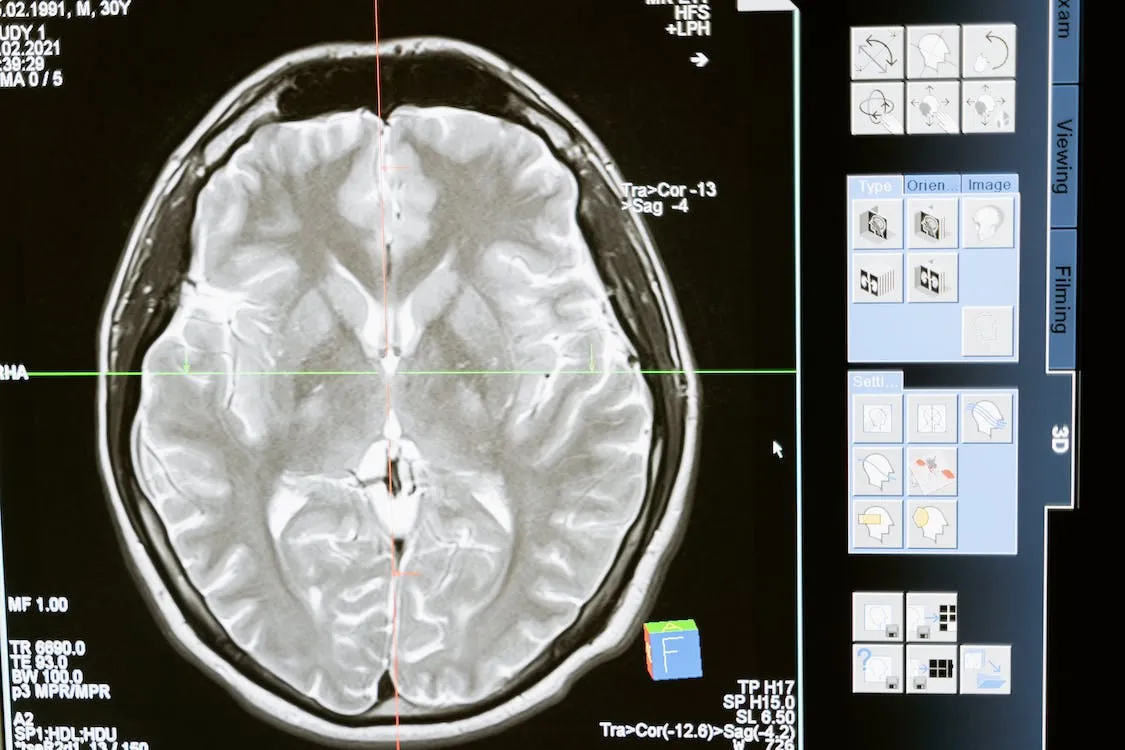Epilepsy and Autism: Is There a Relationship?
In this article, we'll explore the research that has been done on the potential link between epilepsy and autism.

Epilepsy and Autism
Epilepsy and Autism are two neurological disorders that affect millions of people worldwide. While these conditions are distinct and have unique characteristics, some studies suggest that there may be a relationship between them.

What Is Epilepsy?
Epilepsy is a disorder characterized by recurrent seizures, which are caused by abnormal electrical activity in the brain. Autism, on the other hand, is a developmental disorder that affects social interaction and communication skills. Individuals with autism often have repetitive behaviors and interests.

According to a study published in the journal Epilepsy & Behavior, there is a higher prevalence of epilepsy in individuals with autism than in the general population.
The study found that approximately 25% of individuals with autism also have epilepsy. This is a much higher rate than the general population, where the prevalence of epilepsy is around 1%.
The Link Between Epilepsy and Autism, Explained
Another study published in the journal Neurology found that children with epilepsy were more likely to have autism than children without epilepsy. The study found that 12% of children with epilepsy also had autism, compared to 1% of children without epilepsy.
These findings suggest that there may be a relationship between epilepsy and autism. However, the nature of this relationship is not yet fully understood. Some researchers believe that the two conditions may share common genetic and neurological factors.
One possible explanation for the link between epilepsy and autism is that they both involve abnormalities in the brain's connectivity.
Both conditions may be caused by disruptions in the development of the brain's neural networks, which can lead to seizures and social communication difficulties.
It is also possible that the relationship between epilepsy and autism is due to shared risk factors. For example, both conditions have been associated with prenatal and perinatal complications, such as maternal infections and oxygen deprivation during birth.
While the relationship between epilepsy and autism is still being studied, it is clear that these conditions can have a significant impact on individuals and their families.
It is important for healthcare professionals to be aware of the potential link between the two disorders so that they can provide appropriate care and support.
The Potential Impact of Epilepsy on Individuals with Autism
Individuals with autism who also have epilepsy may experience additional challenges compared to those who do not have epilepsy. Seizures can interfere with daily activities, such as attending school or work, and can also affect social interactions.
Furthermore, the medications used to treat epilepsy can have side effects that may exacerbate symptoms of autism. For example, some antiepileptic drugs can cause drowsiness, irritability, and difficulty concentrating.
In addition to these challenges, individuals with both epilepsy and autism may require specialized care from healthcare professionals who are knowledgeable about both conditions. It is important for individuals and their families to work closely with their healthcare team to manage both conditions effectively.
Despite these challenges, it is important to note that many individuals with both epilepsy and autism lead fulfilling lives. With proper treatment and support, individuals can manage their symptoms and achieve their goals.
Current Treatments for Epilepsy and Autism
The treatment of epilepsy and autism often involves a combination of therapies, including medication, behavioral interventions, and support services.
Antiepileptic drugs (AEDs) are the primary medications used to treat epilepsy. These drugs work by reducing the abnormal electrical activity in the brain that causes seizures. However, some AEDs can have side effects that may exacerbate symptoms of autism. For example, some AEDs can cause drowsiness, irritability, and difficulty concentrating.
Behavioral interventions, such as Applied Behavior Analysis (ABA), are often used to treat autism. ABA is a structured therapy that focuses on teaching individuals new skills and behaviors while reinforcing positive behaviors. This type of therapy can be effective in improving communication skills, social interactions, and overall quality of life.
In addition to medication and behavioral interventions, individuals with epilepsy and autism may benefit from support services such as speech therapy, occupational therapy, and counseling. These services can help individuals manage their symptoms and improve their ability to function in daily life.
While there is no cure for either epilepsy or autism, proper treatment can help individuals manage their symptoms and achieve their goals. It is important for healthcare professionals to work closely with individuals with both conditions to develop a comprehensive treatment plan that addresses all of their needs.
FAQs
What types of seizures are common in individuals with autism?
There are several types of seizures that can occur in individuals with autism, including absence seizures, tonic-clonic seizures, and complex partial seizures. The type of seizure an individual experiences can vary depending on the underlying cause of their epilepsy.
Can seizures cause regression in individuals with autism?
Seizures can sometimes cause regression in individuals with autism, particularly if the seizures are frequent or severe. Regression may manifest as a loss of previously acquired skills or a decline in overall functioning.
How is epilepsy diagnosed in individuals with autism?
Diagnosing epilepsy in individuals with autism can be challenging because some symptoms of epilepsy, such as staring spells or repetitive behaviors, may be mistaken for typical behaviors associated with autism. A thorough evaluation by a healthcare professional who is knowledgeable about both conditions is necessary to make an accurate diagnosis.
What should I do if I suspect my child has epilepsy and also has autism?
If you suspect your child has epilepsy and also has autism, it is important to consult a healthcare professional for an evaluation. Your healthcare team may recommend diagnostic tests such as an electroencephalogram (EEG) or magnetic resonance imaging (MRI) to help diagnose the underlying cause of your child's symptoms.
Can epilepsy be treated in individuals with autism?
Yes, epilepsy can be treated in individuals with autism using medications such as antiepileptic drugs (AEDs). However, it is important to work closely with your healthcare team to choose a medication that does not exacerbate symptoms of autism. In addition to medication, behavioral interventions and support services may also be helpful in managing both conditions.
Summary
In conclusion, while the link between epilepsy and autism is not yet fully understood, there is evidence to suggest that the two conditions may be related. Further research is needed to investigate the nature of this relationship and to identify potential underlying causes.
Does Your Child Have An Autism Diagnosis?
Learn More About How ABA Therapy Can Help
Find More Articles
Contact us
North Carolina, Nevada, Utah, Virginia
New Hampshire, Maine
Arizona, Colorado, Georgia, New Mexico, Oklahoma, Texas
.avif)




































































































